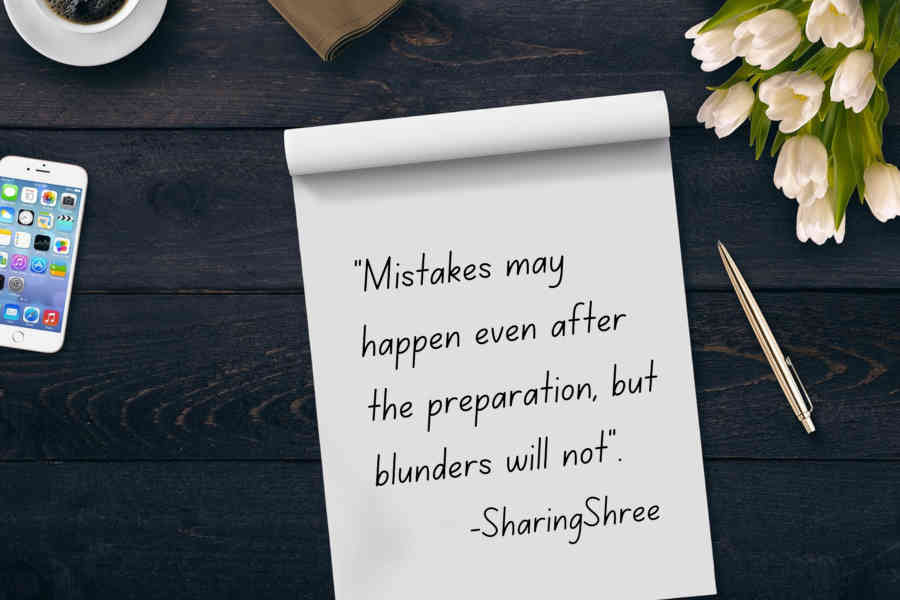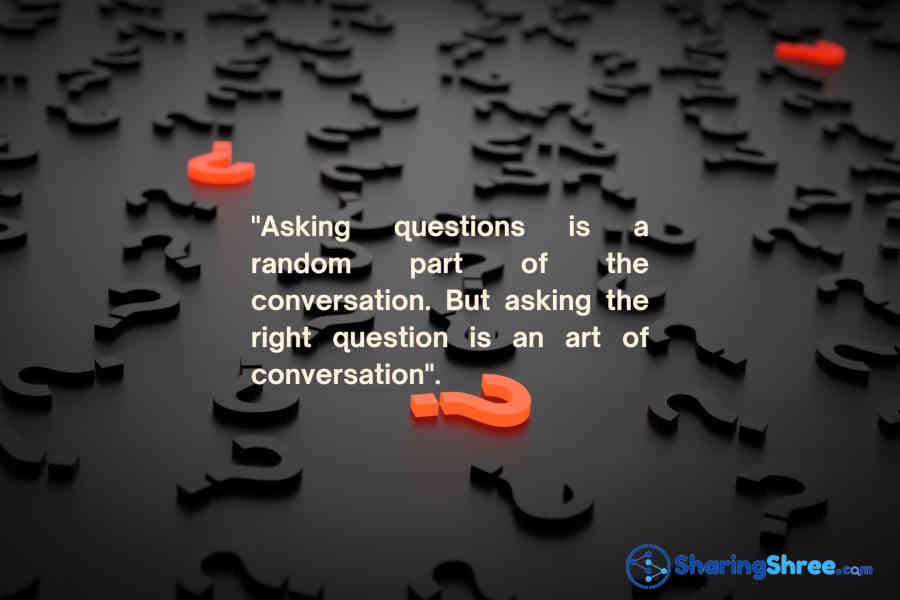Happily being together is a sign of a successful relationship. That’s why humans feel that distance is a disturbing factor. Is there an easy way to be connected even when two persons are physically living apart? The answer is yes and that is conflict-free communication.
But constantly coming up with the best long-distance relationship conversation topics for a beginner or an intermediate person, may not be easy always.
Are you one among them? If yes, then don’t worry. Because now you and I are going to discuss not only various topics but how to use them rightly.
Table of Contents
Prepare Briefly Before the Conversation:

These key points will help you to avoid probable mistakes and stand out from the crowd.
1. Keep it Natural:
Initially, most people want to be in an impressive mode. That’s okay. But trying to get attention in an unusual or dramatic way will let the other person know you are faking. Even if you’re trying an innovative way of communication, make sure you’re not passing the wrong message.
2. Consider the Factor of Interest:
The conversation will not go far if there is no interest in the conversation itself and the topic you are going to talk about. Hence verify both of your interests as soon as you begin to chat.
3. Focus on Easiness in Communication:
The topic you choose and the tone of your conversation must be easy to understand for the other person. If that person needs to ask for explanations quite often for things you say, then he/she will run away soon.
Best Long Distance Relationship Conversation Topics to Chat or Talk Upon:
After a brief preparation, you can easily pick the right topics from the list given below. Once you finish with topics, you are given additional tips to make your conversation even better.
Let’s begin;
1. Ask Right and Easily Answerable Questions:

Asking questions is one of the great ways to start and carry a conversation.
It is important to differentiate between the random questions and the right questions.
For instance, in the initial stage, try to avoid questioning the appearance of the other person or about materialistic things. This could be as silly as asking “Why are you so dark”. or “It’s a nice dress, where did you buy it from”. Once you know each other a little bit, then these questions may not harm as it does in the beginning.
Instead, you can ask “What was the happiest thing that happened today or this week”. Response to this question will not be random like- fine, good, okay, etc. Because people rarely ask such questions. While replying, the other person may also share the ugly things which he/she has faced.
One more thing– do not make the mistake of firing questions back to back like an AK47 gun. The person with whom you’re talking should not feel like he/she is undergoing an investigation session. Simply put an open-ended question that allows the conversation to move smoothly.
2. Discuss Health and Lifestyle:

Health is a basic topic that allows people to connect easily.
The Health topic is not limited to asking “How are you”. As you continue the communication, you can consider the following areas to keep going;
- General Health Issues: Unless your partner is comfortable initially, do not directly dive into personal health, start generally. Having said that, don’t drag too much on the covid topic. It’s too general and you may feel irritated soon.
- Personal health: This is an advanced-level topic. Once you reach a stage where there is trust between both of you, you can talk about personal health. A medical history may also be an option.
- About Food: Health and food are related topics. Who hates to talk about the variety of foods? Because you live distinctly, chances are that the type of food both of you consume differently in its nature, quality, etc
- Physical Activity: You can possibly talk about daily physical activity. If the other person seems to be fit and active, you can compliment them and ask what they do on a daily basis. If you’re sure about their laziness or you’re lazy, do not raise this topic.
Similarly. you can carry the conversation by mentioning your tastes and preferences. Add reasons if it helps to bring clarity to the other.
3. Talk about the Location:

Location is a unique topic to conversate in a long-distance relationship.
There is no need for you or your partner must be living in a tourist place to talk about the location. If any one of you does live in such a place, well, you’ve already a few topics in front of you.
Discuss the pros and cons of your area. If you live in the middle of a city, “pollution”, “the crowd” or “the opportunities, career exposures, or quick access to the latest technological development” may be good subjects to chat about.
Rural locations have their own advantages and disadvantages. There you get tons of subjects to communicate with easily. You can even include your pets, local animals, birds, or the project undertaken by the government in your area.
The nature of your neighbor, and the uniqueness of the store nearby (if any), can also be included. These are a few ways to use the location to generate more and more ideas to keep the conversation going with your partner.
4. Around The Profession:

Wealth creation is the need for human survival. This makes people interested in knowing and exchanging knowledge about generating and growing wealth.
As a beginner, you can start by asking “What do you do for a living”. Of course, if you’re talking to a student, you need to keep it simple. “Modern education”, “favorite/irritating subjects”, and “exams” are common matters in this case.
If you’re at the intermediate level of conversation, these topics won’t allow the other person to take you lightly;

- Industry trends.
- Positive and negatives of both of your respective jobs/professions.
- The difference between what you thought before you joined and the current realities (if any).
- The level of work satisfaction.
- About the impact, and contribution of your domain to the large community.
- Job vs Business.
- About the creativity or caught up in a mechanical/repetitive structure.
Let the communication be in a two-way mode. Don’t be busy dumping all of your troubles or achievements. Listen to your communicating partner and what he/she has to say. Then probably you won’t need too many fancy topics to keep going.
5. Share The Passion:

The word passion instantly brings singing, dancing painting a sport to our minds.
You can mention your passion subject to a couple of precautions.
One, you must be good at your passion. Or else, the other person must be wise enough to differentiate between fun and seriousness.
For Example– Let’s say you are not a professional singer, but you like to sing. When you say you like singing and it’s your passion, the person listening to you most likely says to sing a song. If you sing terribly, a serious person won’t take you seriously. Because they probably relate passionate singers to Sonu Nigam or Shreya Ghoshal.
Fun-loving persons on the other hand will like whatever their passions are. If you don’t have any talkable passions as such, simply put a question to the other related to their passion.
6. Habits and Hobbies:

When you begin a conversation, try to start with constructive habits or hobbies such as reading, daily or waking up early, etc.
Discuss the difficulty or easiness of starting and maintaining a habit. It could be “wearing a helmet/seatbelt”, or “the mandatory rule of wearing a mask”.
Later on, as you become comfortable, the obvious topics such as smoking, drinking, or drug addictions will join the conversation.
7. About The Families and Friends:

Family and friends are not just topics but knowing them will help you to understand the background of your partner. This is an important factor if you’re thinking of a long-term relationship.
“The nature and occupation” of parents are what beginners usually begin to talk about. Moving further, chatting on subjects like family type and its consequences will help the other person to understand your maturity in communication.
For Example- The nature of problems is different in a family with 3 members and a family with 10 to 20 members. Let’s say your partner belongs to a big family, then “how to solve joint family problems” could be a great topic to discuss.
Next;
- How important the friendship for you?
- The number of friends you have, their nature or uniqueness.
- Friendship vs relationship.
Bringing these points into the conversation adds more value and clarity
8. Chat about Entertainment Topics:

There’s barely a person who doesn’t want to be entertained. Hence try to use the following topics in the best possible way;
- Movies and Web series: Here you talk about the stories, actors, messages that hit you, etc. The best way is to chat about the kind of movies or web series your partner likes the most.
- Music: The type of music, language, favorite singers, vintage vs modern songs, etc.
- Sports: Local/gully games, sports as a national topic, best players, the movement of money in the sports industry, and so on.
Similarly, identify which subject will fit in your communication. Again, as I said in the beginning, do not forget to consider the interest factor in your communication.
9. Share The Best Learning Sources:

Again, this is both a common and unique way of conversation. Students commonly use this technique in the form of asking for notebooks or study materials.
Is the person you are chatting with skilled and has good knowledge? If yes, then there is an opportunity for you to generate continuous ideas to talk about. Instead of questioning “where did you complete your degree”, ask “What are all your learning sources other than formal education”.
On the other hand, if you’re a skilled person and you know some useful sources namely books, blogs, videos, and podcasts, you can share and chat about the content.
For example– statistics say; that “about 75% of couples in a long-distance relationship end up being engaged at some point in the relationship. Around 10% of couples still maintain a long-distance relationship after marriage. About 3.75 million married couples are in a long-distance relationship in the US alone”. The source of these statistics is Wikipedia.
Similarly, when it comes to relationship topics, you can refer to and recommend sharingshree.com– a source/platform to learn and share.
10. Pick Topics from The Memory:

Human beings are part of a huge memory which includes both positive and negative impressions.
According to your partner’s receptivity, interest to listen or share, and the overall situation, you can share a suitable incident from your memory.
A few ideas are;
- Childhood memories- that too related to school days.
- Difficult faces of your life.
- Family situations.
- Drastic changes that you witnessed in your surroundings or in the world over a period of time.
11. Exchange Information about Useful Products and Services:

Here you can share information about products that may add value to the person you are talking to.
This may be related to their personal life, products that enhance your partner’s lifestyle, household items, or related to any other things for that matter.
Share information with each other about the good service you or your partner received recently. It could be about the conversation with a customer care executive, about irritating various promotional phone calls or messages you receive.
The idea here is to generate topics to conversate that benefit either both of you or at least your conversating partner.
Be careful while you talk about products you own, their quality, price, and all. It should not convey the wrong message of you being obsessed with materialistic things.
12. Superficial Vs Serious Topics:

Superficial topics like favorite colors, dresses, movies, and music are important and have their place. In fact, these play a significant role initially.
Once your conversation reaches a certain point or when you know the other person much more than a beginner, the serious topics will add meaning, and value and help to bring clarity to the relationship.
Following are the sample topics;
- Is it possible to manage all types of relationships with minimum or no effort?
- Handling insecurity in a relationship
- The purpose of relations or life itself.
- Easy ways to solve relationship problems
Additional Tips:
Till now, You and I have discussed various topics. It’s time to consider some additional things that will help to optimize your conversation towards perfection.
a. Try to Grasp The Situation:
At the early stage of your conversation itself, try to understand your partner, their interest, level of curiosity, and their overall mindset. Suppose you make fun of or crack jokes while he/she is busy at work or at a time when they already feeling tired, your conversation may not take birth again with them.
b. Careful with Personal Topics:
At least at the initial stage, it’s better to be careful while talking about personal matters. Randomly commenting on appearance, and proving them wrong with their choice may make them feel uncomfortable.
c. Avoid The Controversial Subjects:
Unnecessarily mentioning your view/opinion on politics, and religious beliefs will lead to controversy. Where there is controversy, there is no happiness. Then your conversation will end soon.
d. Debate or Discussion, What to Do?
The debate involves judgment, proving right or wrong which brings aggression. Discussion on the other side involves the art of listening to the other person. It helps to respond more accurately and avoids conflict. Therefore, debate only for the sake of fun and choose discussion for the growth of relationships.
Conclusion:
After going through various subjects and ideas in detail, now it’s time to wrap up.
Before you start to chat or talk over the phone, follow the preparational part of identifying interesting topics, the way to keep the communication simple, natural, and easy as we discussed in the beginning.
The location where you and the partner live could be a great and unique source to generate long-distance relationship conversation topics. Make the best use of it.
Do not forget to consider the factors such as the age and gender of the other person. These will help you to choose and optimize the subject you talk about. It’s also best to avoid controversial topics and unnecessary debates.
Well, Which topic did you find interesting? Do you have a unique one? Comment your reply.
Share this post with your friend who is beginning the relationship journey or struggling to chat with his/her partner.
Hey… why can’t you share this post with your partner?

Author and Publisher
Shreenidhi K
Hey, I’m Shreenidhi. I have created SharingShree to mutually learn and share content including experience and knowledge gathering while providing online marketing services for businesses through OnlineShree. Know More.
